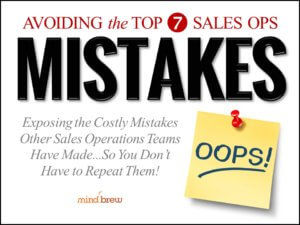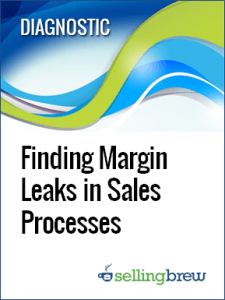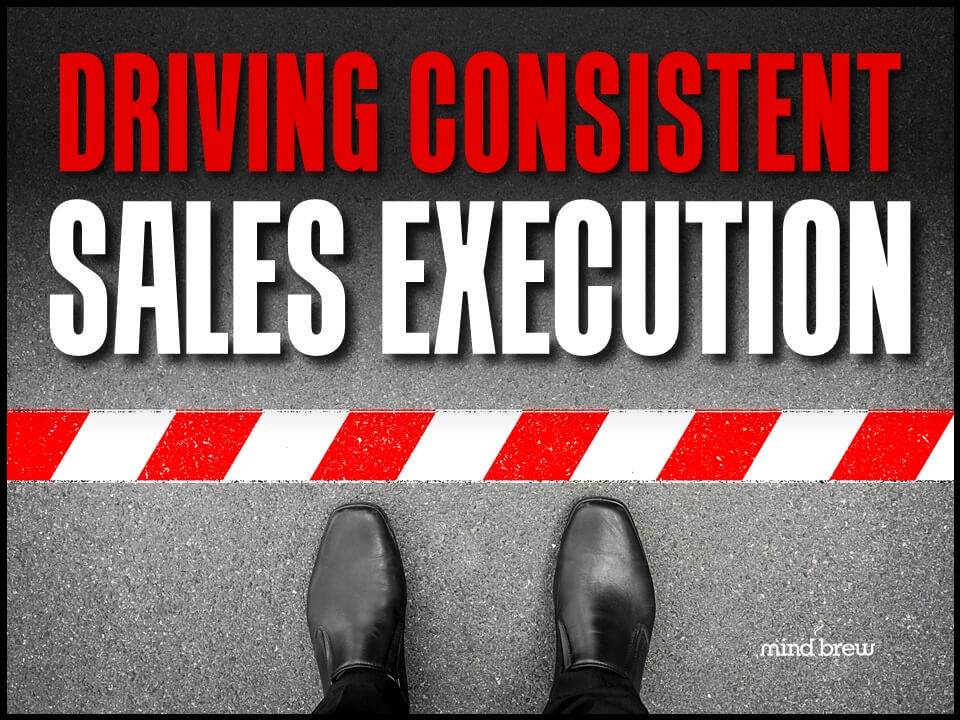Are you a glass-half-full or a glass-half-empty kind of person?
Psychologists say that about 80 percent of us have an “optimism bias.” In other words, we think that everything will turn out all right in the end, and we underestimate the risk that bad things will happen to us.
In general, that optimism is a good thing. Optimistic people tend to live longer, and people with a “pessimism bias” often suffer from depression.
But sometimes optimism gets us into trouble.
A New Yorker review of a book titled “Careful: A User’s Guide to Our Injury-Prone Minds” explained,
To an extent, we are accident-prone because we are imaginative. We are determined to use familiar tools in novel ways—we might use a knife handle, say, to break up ice in the freezer, or a screwdriver to pry open a stuck drawer. The problem is that we imagine how things will go right but not how they will go wrong.
We decide, for example, to pry open a stuck can lid with a steak knife because we optimistically imagine the knife prying off the lid cleanly. We don’t imagine the thousand other likely scenarios that end with injuries—like a steak knife in the eye or a finger needing stitches.
Obviously, optimism can be problematic in the kitchen, but it can be even more troublesome within sales ops. We tend to fantasize that our new sales comp plan, software tool, training program, or approach to improving close rates will solve all our problems. And we forget to consider all the things that could go wrong.
Of course, just as in other areas of life, optimism in sales ops can be a good thing. Optimism is what keeps us coming in to work every day. Optimism encourages us to look for solutions to our problems. Optimism enables us to get new initiatives off the ground and helps us inspire our coworkers to do their best.
But optimism needs to be tempered by a little realism. Taking a minute to assess the risks of using that steak knife on the can might lead to a safer, more effective approach (not to mention preventing the trip to the ER). In the same way, taking some time to assess the potential pitfalls of a new sales ops initiative can prevent disastrous consequences.
To help with that process, we have a webinar on Avoiding the Top 7 Sales Ops Mistakes. It maps out common blunders that other B2B sales ops teams have made and offers advice for sidestepping those pitfalls yourself.
Once you’ve seen someone else stab themselves in the eye with a steak knife, you’ll be a whole lot less likely to make that same mistake yourself. And taking a close look at common sales ops mistakes can help you avoid the sorts of problems that can result from overly optimistic thinking.












